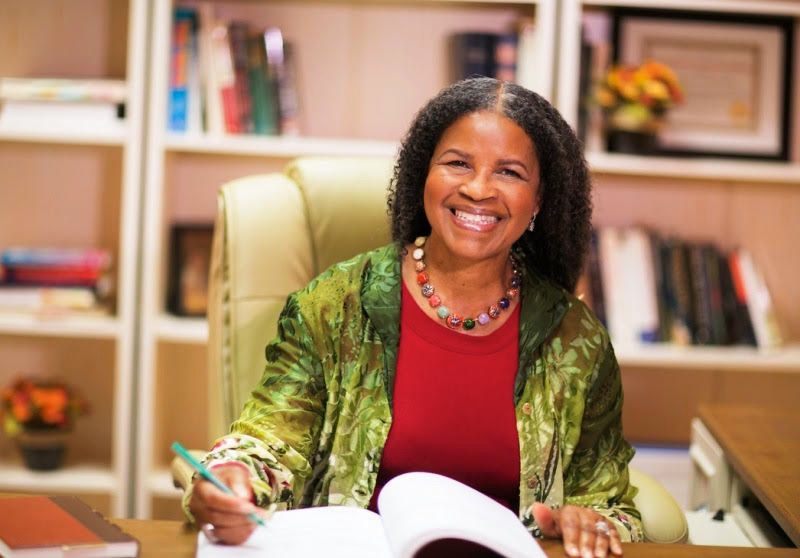
[Thanks for reading Ask Dr. Jeanette] What constitutes a “conflict of Interest?” What happens and what is it? Obviously, I cannot exhaust the definition of “conflict of interest.” Let’s begin here. When two or more individuals or two or more companies or two or more entities cannot agree together on their concerns or aims, the different parties are incompatible and a conflict ensues. For example, there are “the conflict of interest between elected officials and lobbyists; conflict between married people;” conflict between parents and children,” conflict between elected officials and their contributors; conflict between political parties; conflict of interest between countries. One real time conflict is between the homeless, their right to be where they are and the city’s right to remove them from there. A great roaring conflict of interests that’s aflame is between Democrats and Republicans. Democrats say one thing and Republicans say something else. Where are the people in all of this cuss’n and fight’n? Are the people’s voices heard? Is there another way to allocate resources rather than fighting one party against another? All during this current President’s term, there seems to be one issue for Democrats…how do we get him out of office? Many don’t like him. Let’s ask somewhat intelligent question: Can we be realistic and look at what has been accomplished? Is it worthwhile for a President to attempt to solve and resolve conflicts between nations in an attempt to bring a more peaceful world? Will our country be torn apart because of hatred? People yell, racism!! It’s difficult. There must be many voters who wonder is it practicable to spend millions, billions tax payer money on attempts to defrock the President? Has his agenda been scrutinized to the extent of the rationality of criticizing or should we look at the content of the message and performance?….points for thoughts and consideration. Is democracy the most appropriate name for a large-scale representative system such as that of the early United States? At the end of the 18th century, the history of the terms whose literal meaning is “rule by the people”—democracy and republic—left the answer unclear. [I’m glad to know that because the way things are today, who knows what the U.S. is except one who practices Constitutional Law.] Both terms had been applied to the assembly-based systems of Greece and Rome, though neither system assigned legislative powers to representatives elected by members of the dēmos.
By the end of the 18th century, both the idea and the practice of democracy was profoundly transformed. Political theorists and statesmen now recognized what the Levelers had seen earlier: the nondemocratic practice of representation could be used to make democracy practicable in the large nation-states of the modern era. Representation was the solution to the ancient dilemma between enhancing the ability of political associations to deal with large-scale problems and preserving the opportunity of citizens to participate in government. This is a difficult topic, but worthwhile looking into.
Jeanette Grattan Parker, Ph.D. is Founder/Superintendent of Today’s Fresh Start: www.todaysfreshstart.org www.askdrjeanetteparker.com Encyclopaedia Britannica





